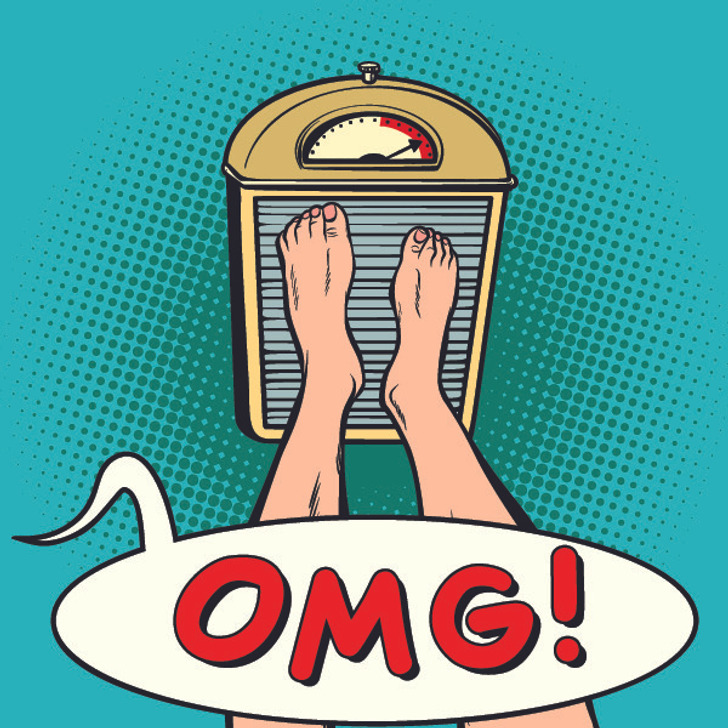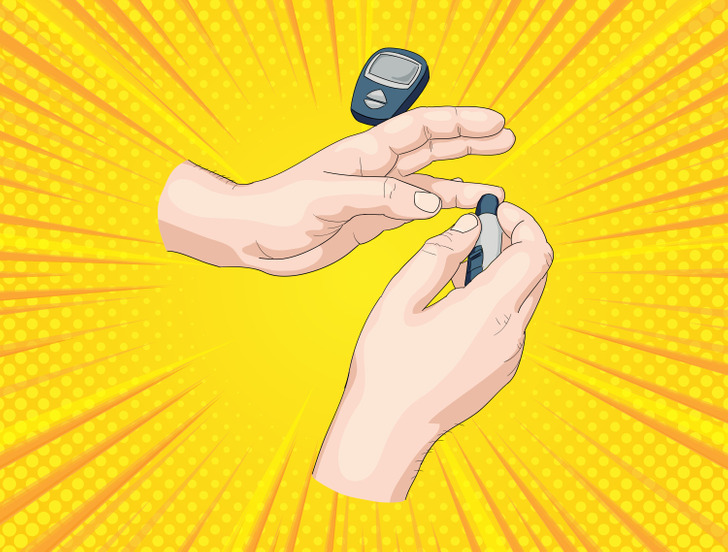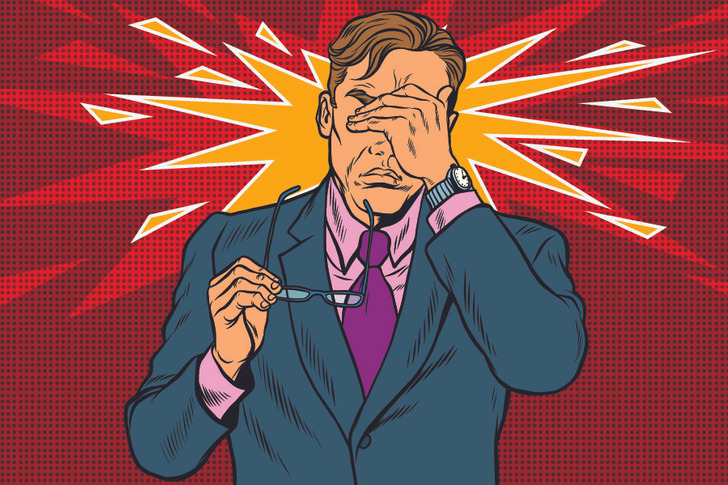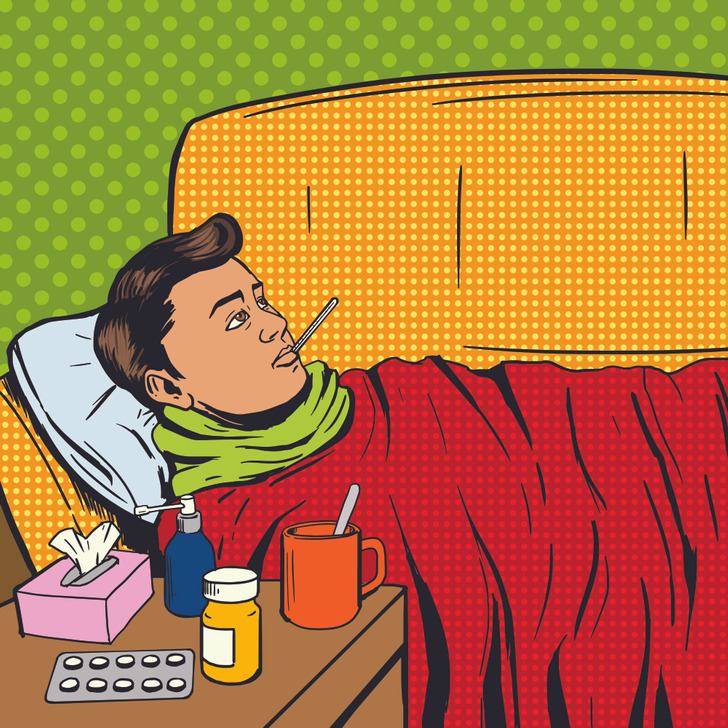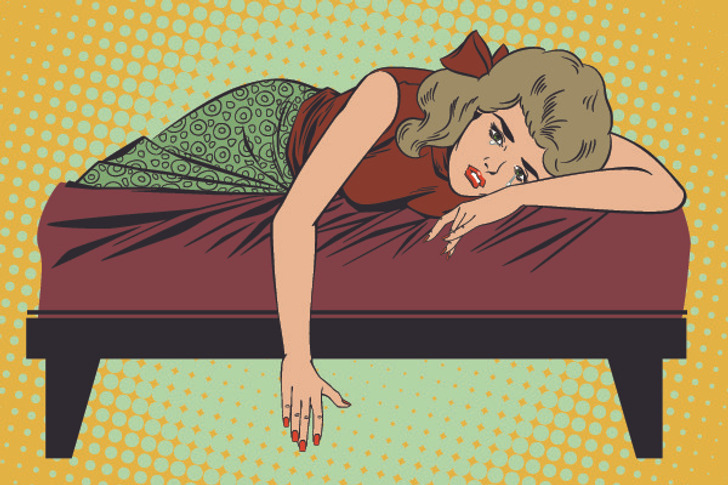8 Scary Effects of Sleeping Less Than 7 Hours
Our health, mood, and ability to work depend on the quality and length of sleep. Sleepless nights affect our mood and productivity, making us tired and sullen. But regular missing out on even one night’s sleep can bring more dangerous consequences. We’ve gathered the implications of not getting enough sleep. Scroll through to find out what they are.
❗ This article is for informative purposes only and can’t replace the recommendations of an expert.
What sleep deprivation is.
Sleep deprivation happens when you’re not getting enough sleep. According to the study, adults need 7-9 hours of sleep. Our body needs rest, like it needs air to breathe or water and food to function properly. During sleep, our brain makes new connections, and our body relaxes and heals itself.
Sleep deprivation develops after a consistent lack of sleeping hours and reduced sleep quality. Many factors can contribute to a situation where a person is not getting enough sleep:
- Work obligations. This reason is especially acute for shift workers and those who have several jobs or work extended hours.
- Poor sleep hygiene
- Voluntary choices. Sometimes it’s just the harmless desire to watch a favorite TV series or stay up late partying with friends.
- Sleep disorders or medical conditions. The most common sleep disorders are insomnia, sleep apnea, restless leg syndrome, etc.
The effects of not getting enough sleep
Sleep helps almost all the systems of the human body to function correctly. That is why persistent sleep deprivation may cause a whole range of both physical and mental health issues.
1. Weight gain
Research has shown that people who don’t get enough sleep start consuming more calories and carbohydrates. This leads to weight gain and issues with maintaining the desired shape.
2. Risk for diabetes
Inadequate sleeping hours may affect our body’s ability to regulate its level of blood sugar. It increases the risk of metabolic conditions like diabetes.
3. Mood changes
Sleep deprivation may make us quick-tempered, moody, and extremely emotional.
4. Weakened immunity
During sleep, our immune system produces protective substances which can fight infections. Some of them are called antibodies and cytokines. They help our body fight viruses and bacteria.
If we don’t sleep enough, our immune system may stop producing protective substances. The body may not be able to fight invaders properly.
5. Risk of heart diseases
6. Risk of getting in an accident
Drowsy conditions in the daytime increase the risk of car accidents as well as other injuries caused by inattentive behavior.
7. Hormone imbalances
Good sleep helps our body to produce and regulate hormone levels. That is why persistent lack of sleep may increase our risk for various hormonal problems.
8. Skin problems
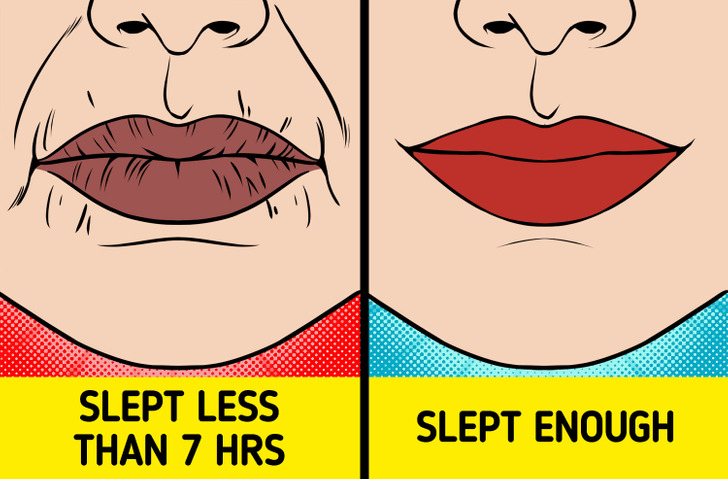
During nighty sleep, human skin is restored, and the hormone contributing to the maintenance of healthy skin is produced. It also helps to relax the skin and to increase collagen production. Collagen makes our skin more supple and smooth.
Lack of sleep causes a liquid imbalance and makes skin dry and dull. The possibility of acne and allergic reactions increases. Dark circles appear under the eyes and the skin loses its smoothness.
Bonus: The brain eats itself from lack of sleep.
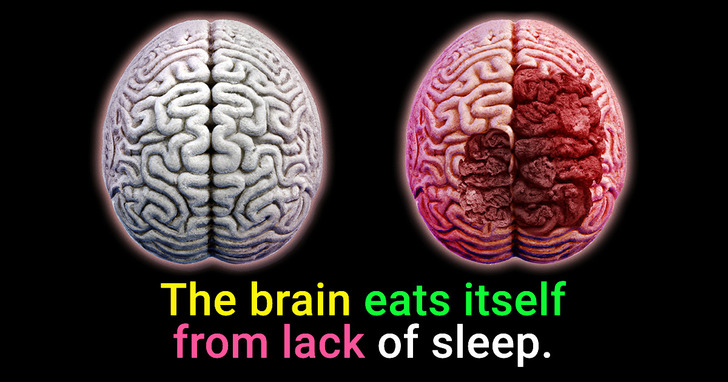
Sleeping is crucial for our bodies to function correctly. It also helps eliminate the toxics or debris, the residual byproducts, of neural activity, like a waste. Recent “sleep loss” studies conducted on mice at the Marche Polytechnic University in Italy have shown that insufficient sleep causes the brain to eat itself, making the astrocytes go into overdrive or more active in those who are sleep-deprived.
The research team mainly studied the glial cells, which form the brain’s housekeeping system, the brain cells that destroy and digest worn-out cells and debris. They found that there’s a gene regulating the activity of these cells that is more active after a period of sleep deprivation.
They observed that after sleep deprivation, astrocytes, which regulate the communication between the cells in the brain, clear the nerve connection points in the brain called synapses when the intra-brain communication becomes weak due to sleep deprivation.
How many hours do you sleep per day? Have you noticed that lack of sleep affects you? Please comment below.

